Boutique hotels are known for their design elements, personal service, and immersion in local culture, often featuring amenities like spas and fine dining. In contrast, B&Bs provide a cozy, intimate atmosphere with warm hospitality and homemade meals.
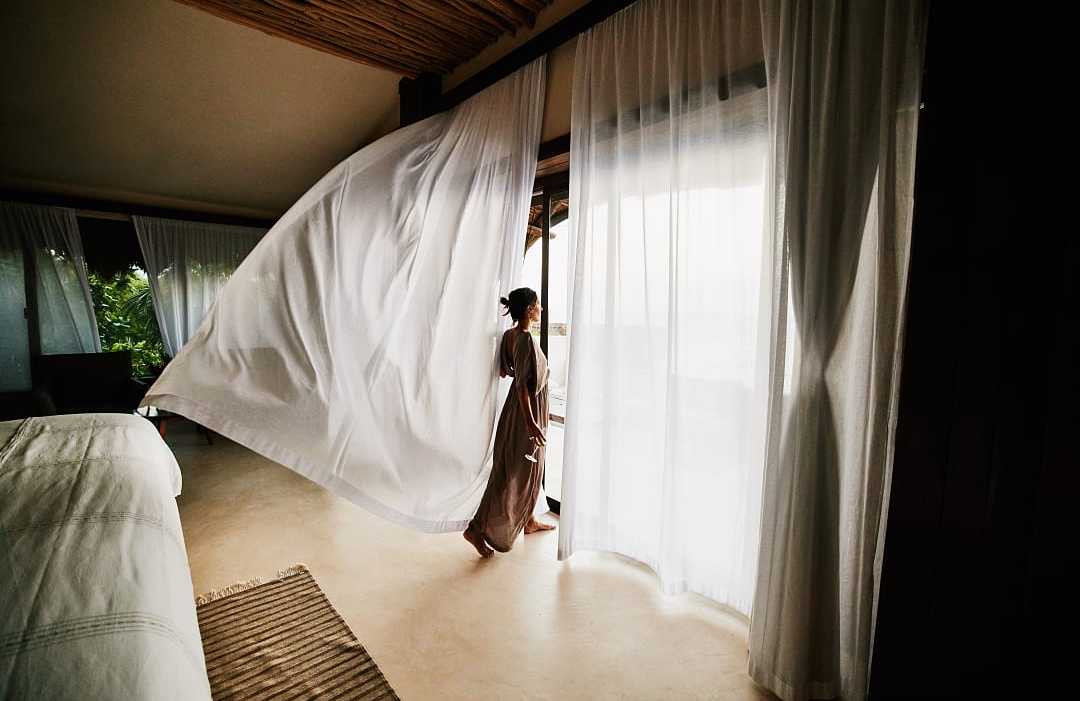
Boutique hotel in Quintana Roo, Mexico.
Boutique hotels and bed and breakfasts emphasize comfort, style, and charm. The choice really comes down to your preferences. The former provides upscale amenities and sophisticated design, while bed and breakfasts offer a cozy, personalized experience with a touch of local culture.
From gourmet dining to curated experiences, these accommodations promise to enhance your travel experience and understanding the nuances of each allows you to tailor your stay to fit your travel style.
Extraordinary travel begins with a human touch and our destination specialists design every journey with care, insight, and personal attention. As you consider your options, use this guide to the key differences between boutique hotels and bed and breakfasts to help you plan your dream trip. Whether you're looking for luxury, local charm, or a mix of both, our travel specialists are ready to ensure your experience is unforgettable.
What is the Difference Between a Boutique Hotel and a Bed and Breakfast?
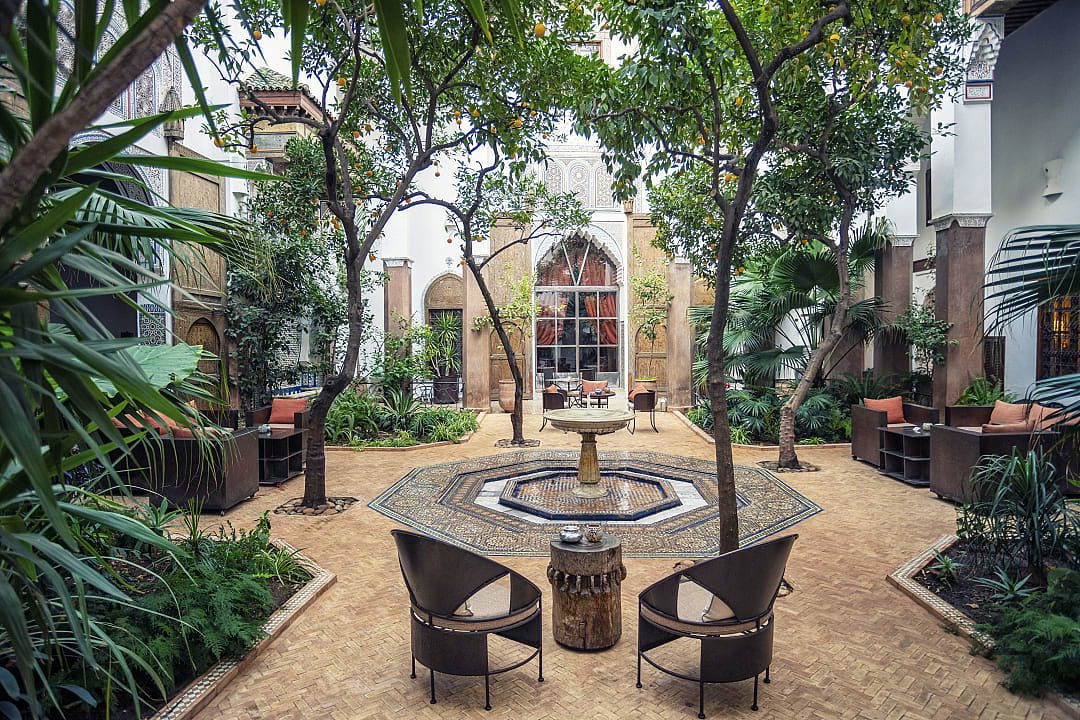
Are Boutique Hotels or Bed and Breakfasts More Luxurious?
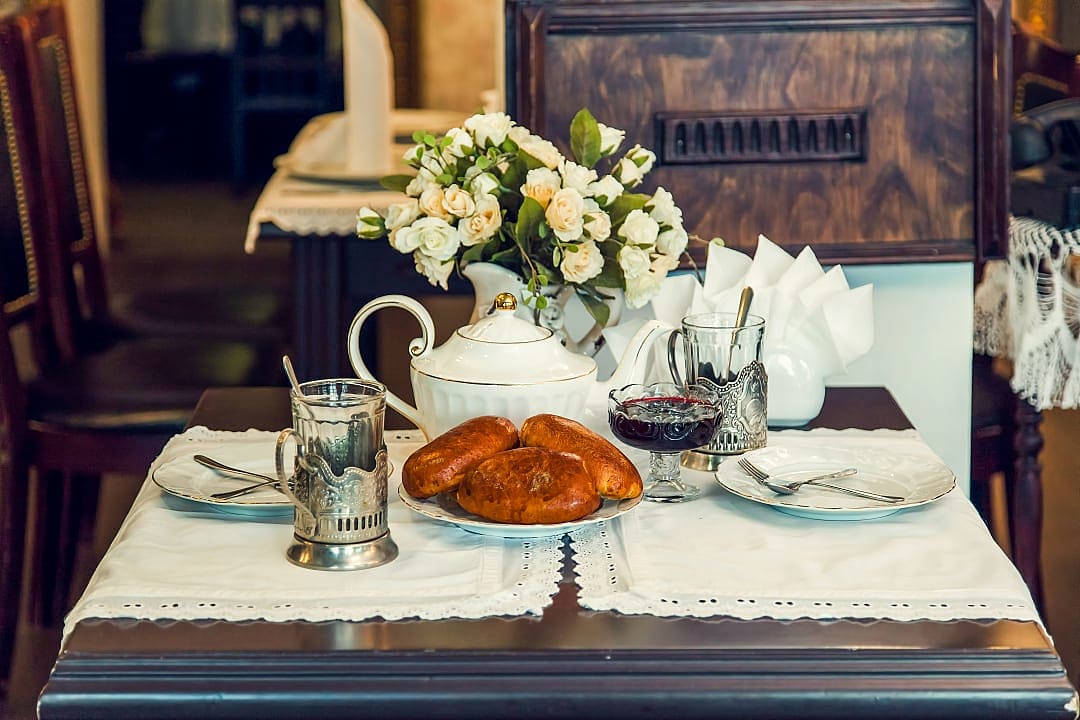
Boutique hotels redefine luxury by blending upscale amenities with a sense of intimacy and personalized service. You might find yourself in a boutique hotel where each room is designed differently, featuring handcrafted furnishings and private terraces that offer views of the surrounding landscape. These hotels often prioritize creating a warm, inviting atmosphere where attentive staff remember your preferences and tailor every detail to your needs.
Bed and breakfasts excel at offering cozy, home-like comfort with touches of local charm, perhaps a fireplace-lit lounge or a breakfast nook adorned with fresh flowers from the garden. The luxury in both lies not just in opulence, but in the ability to make guests feel cared for and connected to their surroundings.
Do Boutique Hotels or Bed and Breakfasts Have Better Aesthetics?
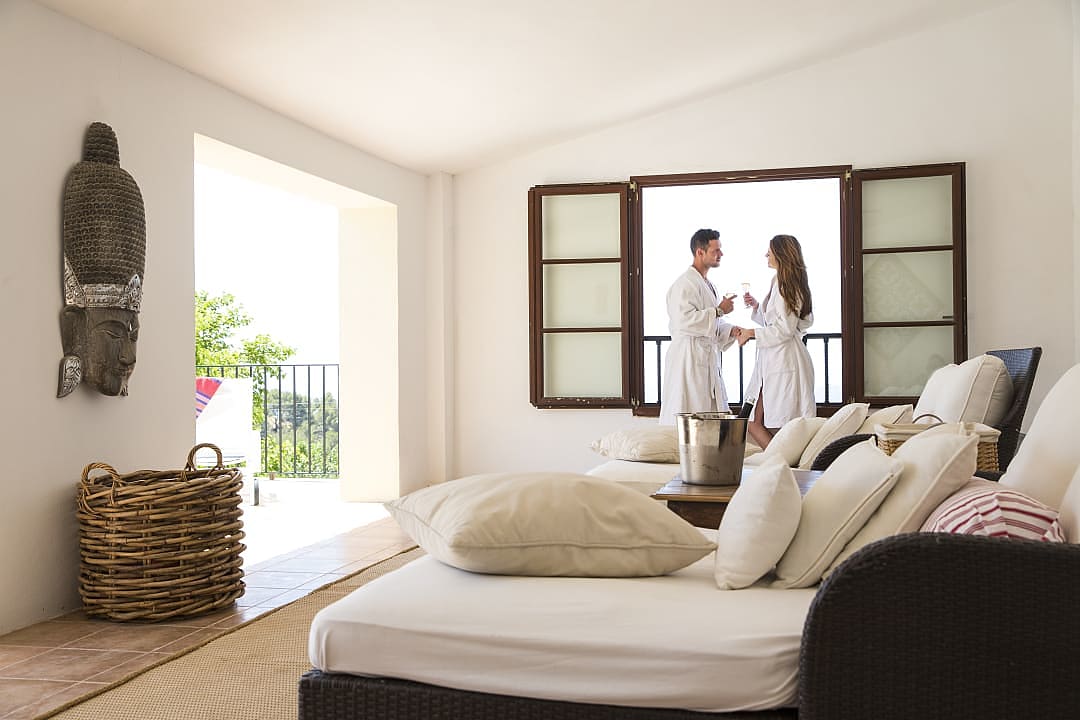
Boutique hotels are renowned for their distinctive and often unconventional design aesthetic, reflecting local culture and heritage. They typically feature upscale decor and an artistic ambiance, creating a stylish environment for their guests. For example, boutique hotels in Tokyo might incorporate traditional Japanese elements, while those in Paris might reflect French chic.
B&Bs offer individually styled rooms with a more homely feel, often blending vintage and modern elements. While both provide aesthetic appeal, boutique hotels tend to focus on high-end design versus cozier design touches found in bed and breakfasts.
Do Boutique Hotels or Bed and Breakfasts Provide Better Culinary Experiences?
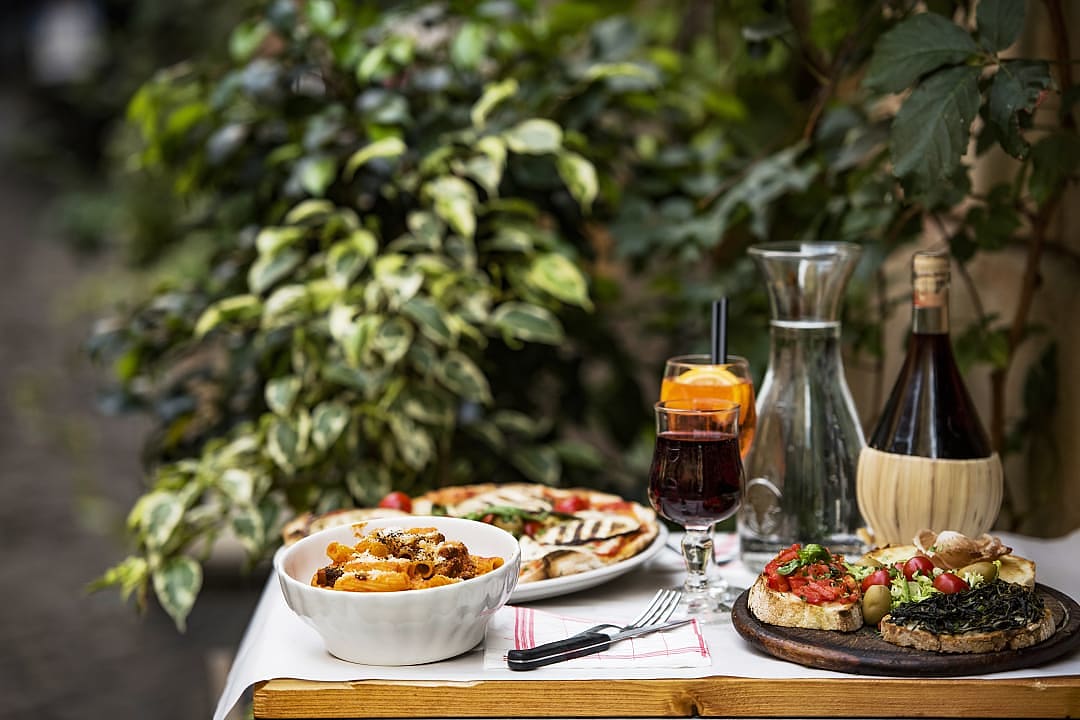
Boutique hotels often elevate dining into an art form by offering culinary experiences that reflect their character and local culture. A boutique hotel in Bangkok might feature an intimate chef’s table where you can savor modern interpretations of traditional Thai dishes using locally sourced ingredients like kaffir lime leaves and galangal. A boutique property in Rome could host wine-pairing dinners in a historic courtyard, showcasing regional specialties such as cacio e pepe or saltimbocca alla Romana. These dining experiences are deeply tied to the hotel’s identity and surroundings.
On the other hand, bed and breakfasts are celebrated for their personalized breakfasts that often highlight homemade or hyper-local, yet traditional ingredients. In Tuscany, you might wake up to freshly baked cantucci paired with locally pressed olive oil, while in Kerala, India, you could enjoy appam with coconut stew prepared by the host using family recipes passed down through generations. Both boutique hotels and B&Bs offer memorable culinary journeys, but the former focus on immersive fine-dining experiences throughout the day, while B&Bs excel at creating a warm and intimate breakfast experience that connects you to the region's traditions.
Do Boutique Hotels or Bed and Breakfasts Offer Better Concierge Services and Amenities?

Boutique hotels provide extensive concierge services and amenities, including round-the-clock room service and on-site dining options, catering to a wide range of guest needs. In cities like London, these services might include theater ticket reservations or private tours.
In contrast, B&Bs offer more limited services, but focus on personalized hospitality and local insights from the hosts. For instance, the hosts of B&Bs near safari parks in Africa might provide insider knowledge on wildlife viewing spots, while one in Europe could recommend hidden gems in the neighborhood.
Do Boutique Hotels or Bed and Breakfasts Provide More Cultural Immersion?

Boutique hotels often immerse guests in local culture through curated experiences and unique amenities, reflecting the locale's heritage. In Morocco, this might include a traditional hammam experience, while in Japan, it could be a tea ceremony.
B&Bs also offer cultural immersion by providing a more intimate connection with the local community and environment as they are often located in residential areas. For example, a B&B in Italy might host a wine-tasting evening, while one in India could arrange a cooking class with a local family.
Which Type of Accommodation is Right for You?

Boutique hotels and bed and breakfasts cater to different preferences. Whether you're seeking luxury and sophistication or a cozy, personalized stay, each has its own benefits, from upscale amenities to local charm, allowing you to choose the perfect fit for your getaway. By understanding these differences, you can enhance your travel experience. The choice depends on what matters most to you during your trip.
For more insights into crafting your ideal travel experience, take a look at our ultimate guide to traveling the world with Zicasso. Whether you're drawn to vibrant cities or serene landscapes, it will help you uncover the best of what the world has to offer.





